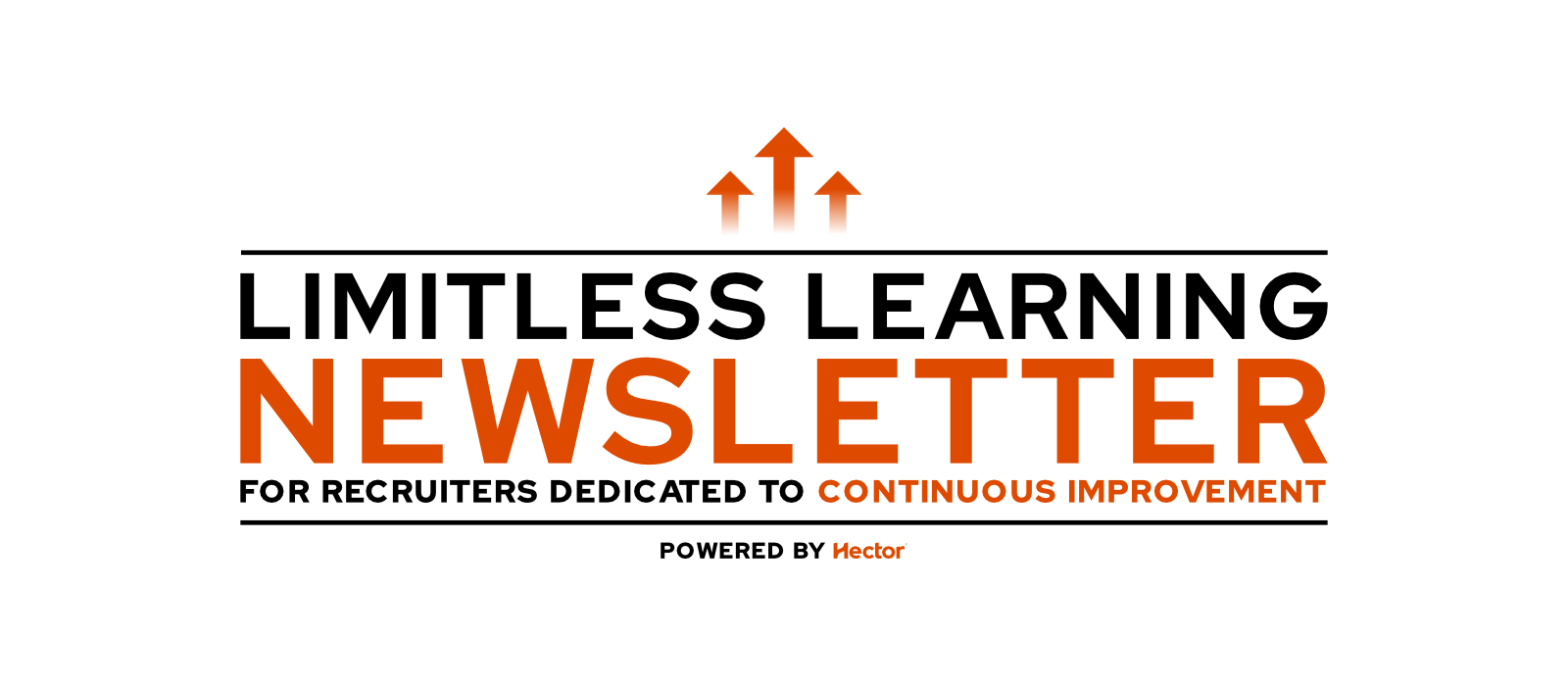Do you have to work 12 hours a day to be successful?
The subject of working hours is one that always crops up within the recruitment industry. Recruiters are known for working insane hours – getting into the office for the “crack of dawn” and not leaving until the late hours.
For some of you reading this edition, working 12 hours a day may still be your reality, or, it could be a thing of the past as you’ve found a different working pattern that works for you.
However, working 12 hours a day doesn’t always equate to success, does it?
Let’s break down what success in recruitment looks like…
Ultimately, success in recruitment boils down to two things:
- Progression
- Results
Everybody wants to progress in their careers, whether this is through a promotion or how much they’re learning on a day-to-day basis.
Results refer to the billings that you’re bringing in for the organisation, as well as how much you’re earning for yourself.
There are other contributing factors that contribute to success around these, however most recruiters see success through the simple lenses of progression and results.
The old-school mentality
For those who worked in the “old-school” days (or perhaps you still work in an old-school business) the mentality has always been the more hours you work, the quicker you’ll learn and the faster you’ll progress.
There is absolute truth in this, as the old-school method of long hours and harsh KPIs has worked for decades.
However, there’s the argument that there’s a time and a place for the old-school mentality, and recruiters with years of experience shouldn’t be relying on a basic, tried and tested methodology for success.
Everybody works in different ways
I’ve interviewed hundreds of people on the podcast over the past 5+ years, and one thing that is consistently shown is that everybody has different ways of working.
Sure, the basics of recruitment always stay the same – as that’s what you need to do to gain consistency.
However, day plans, and how people segment their time (and how many hours they work) always generate an interesting conversation.
Although there has been a one-size-fits-all all approach to recruitment in previous years, the world of recruitment has transformed in the last decade.
We now have access to technology and platforms that can automate parts of our jobs, as well as programs which can enable us to be quicker and more efficient.
This has affected how a lot of recruiters work – inclusive of when they clock on and clock off for the day.
Your 12 hours can be someone’s 6
Something else that’s important to note is that just because you work 12 hours a day, doesn’t mean that everybody else has to.
Let’s say you’re a manager, and there are three people in your team.
One person achieves their goals within 10 hours.
The next person achieves their goals within 8.
And, the last person achieves their goals within 6.
Is it fair to expect the 6 and 8-hour employees to stay for 10 hours simply because “that’s the way it should be?”
We disagree with this sentiment.
If someone is achieving well and also being time-efficient, that should be praised rather than an expectation put on that person to push themselves beyond their limits.
As long as there are results, what’s the harm in working fewer hours?
We shouldn’t be envious of those who can work fewer hours.
We discussed the effects of working 12/13-hour days on a podcast edition which you can listen to a snippet of here.
“I think the sacrifice was having no downtime in the week. I got burnt out so much! I think I’d finished the year with 20 days of annual leave still left to take.”
This isn’t an uncommon occurrence either, I can guarantee that whilst reading this you can think of a time in your career where you’ve felt burnt out or perhaps worked too much.
Is it possible to have a true work-life balance in our industry?
We truly believe that it’s possible because work-life balance is very individualistic and again, doesn’t have a one size fits all approach.
Also, it’s important to work for an employer who values work-life balance and understands the importance of downtime.
No one should be spending their whole lives at work – there has to be time for enjoyment.
Additionally, if you’re a recruiter who has access to platforms and technology that are there specifically to optimise your time, then you should be looking to get as much value out of these products and platforms as physically possible.
Automate processes where you can, and learn how technology can help you rather than hinder you, so you aren’t stuck in the office at 7pm on a Friday night…!
So… do you have to work 12 hours a day to be successful?
It’s a personal question with a personal answer – do you think that you have to work 12 hours a day to be successful?
Or, could you be maximising your working day within less hours and generating the same results?
Only you know the answer to that.

